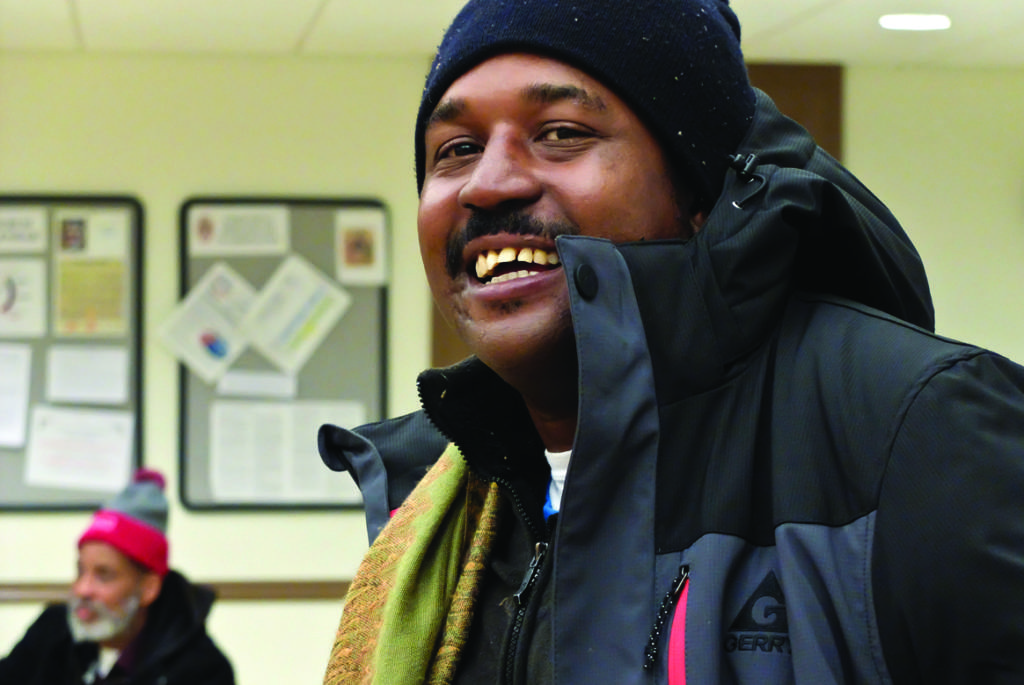A breakout session at this years’ Service to Justice conference was dedicated to addressing criminal records. Nearly 50,000 Americans enter shelter directly from correctional facilities each year, according to the U.S. Interagency Council on Homelessness.
The word “criminal” can be linked to many assumptions. According to returning citizens at the conference, many people that commit crimes have simply fallen short in their success and are seeking the means of survival.
But surviving, putting a roof over your head and earning a stable income, is even more difficult with a criminal record. “The correctional system is a society within a society,” said Ronald Fenton, who runs an empowerment group for returning citizens and was once incarcerated himself. “You could never be an American citizen again.”
Marlow Hargrove Sr, co-founder of Freedom Advocates Celebrating Ex-Offenders, runs an Offenders Anonymous program to support returning citizens. “It’s about coming together to help each other,” he said. “People go through this on a daily basis.”
Hargrove condemned prison labor and the privatization of the correctional system. “They get paid to incarcerate us,” he said. “We keep them in business, they profit off our pain.”
Andre Sherman, a returning citizen, described earning 95 cents each day for his work in federal prison after being in the military for 20 years. “It’s a money-making business,” he said.
Sherman is looking for a second chance and determined to finish his two and a half years’ parole. He said society has always had a double standard when it comes to who gets a job. “Don’t turn you back on each other,” Sherman said. “The world out here is very different from the world in there.“
He said the way to really help offenders is to stand up and take our neighborhoods back, to reach people before they feel desperate and alone.
Hargrove shared this sentiment. “We should, first of all, create employment programs to get young people to not become offenders and create strategies where we can build families as places of liberation,” he said. “If we don’t change the society then we shouldn’t expect anyone else to.” ■
S2J Conference: Ex-Offenders Are Making a Difference

babawawa / pixabay.com
Issues |Incarceration
email updates
We believe ending homelessness begins with listening to the stories of those who have experienced it.
Subscribe





